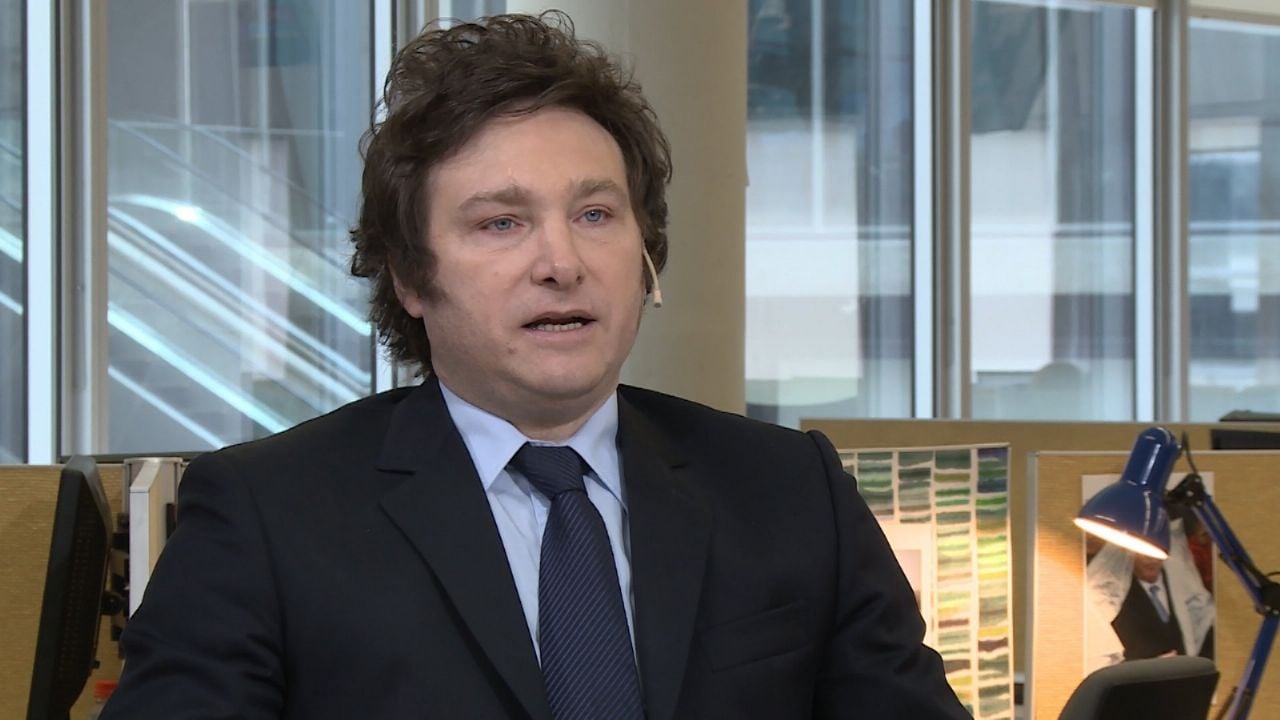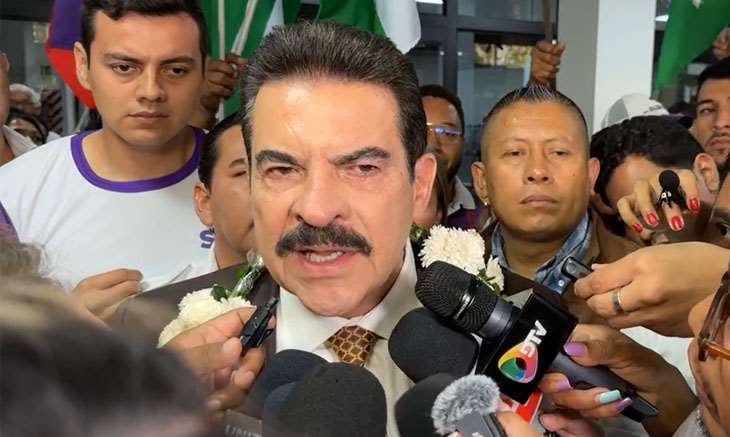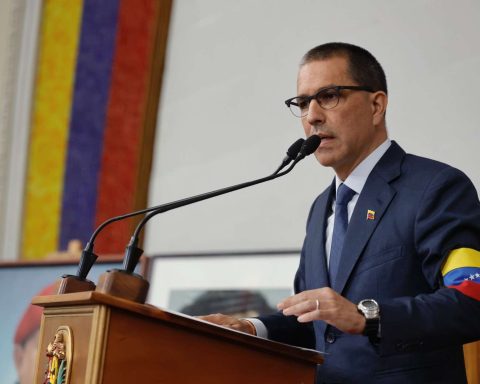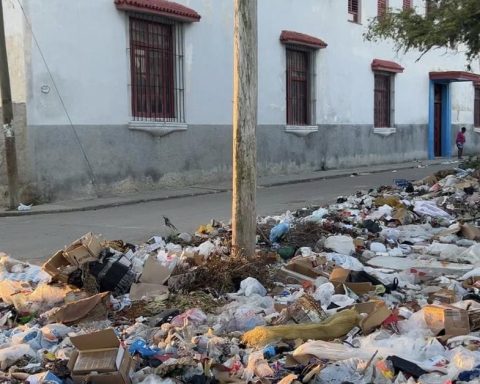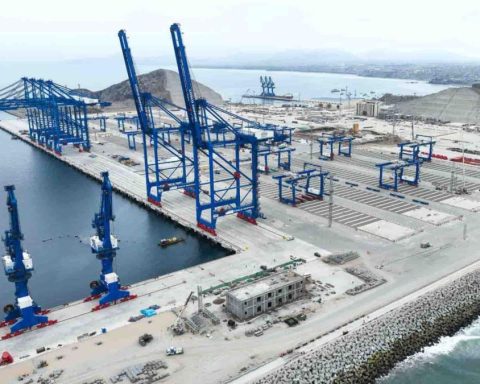In a context of high political and economic tension, negotiations for the 2025 Budget in Argentina have reached a critical point. He Government has avoided responding to the demands of the provincial governors, leaving negotiations on the brink of collapse. This impasse occurs at a crucial moment, with the regular session of Congress about to end and without a clear agreement in sight.
From the beginning of the discussions, the Governmentled by president Javier Milei, has maintained an inflexible stance. The Milei administration has insisted on the need to maintain a zero deficit, a policy that has been the central axis of its economic management.
This position has generated friction with the governors, who have requested meetings to discuss the distribution of resources and the financing of public works, but so far, their requests have not been met.. The Chief of Staff, Guillermo Francos, has been one of the main actors in this dispute.
Despite repeated requests from the governors, Francos has not granted the requested meetings, which has exacerbated tensions. In a recent visit to the Senate, Francos presented his management report without mentioning the Budget project, which was interpreted as a sign of the Government’s lack of willingness to negotiate.

Provincial governors, especially those from Together for Change, have pushed for the 2025 Budget to be debated and approved. They argue that the lack of an approved budget negatively affects their provinces, preventing the planning and execution of essential projects.
In addition, they have expressed their concern about the possibility that the National Government once again extends the 2023 budget, which would allow the Executive to use the resources on a discretionary basis.

Solutions
In an attempt to find a solution, governors have proposed several initiatives, including the redistribution of National Treasury Contributions and the financing of public works. However, these proposals have not been well received by the administration of Mileiwhich has maintained its focus on zero deficit.
Congress also plays a crucial role in this dispute. In the Chamber of Deputies, several initiatives promoted by the PRO, the main ally of the ruling party in the chamber, have been voted on. However, the lack of consensus on the Budget has prevented progress in its approval. The main leaders of the ruling party have assumed that the project will not be discussed in the ordinary sessions, despite pressure from the governors.
follow us on Google News and on our channel instagramto continue enjoying the latest news and our best content.
